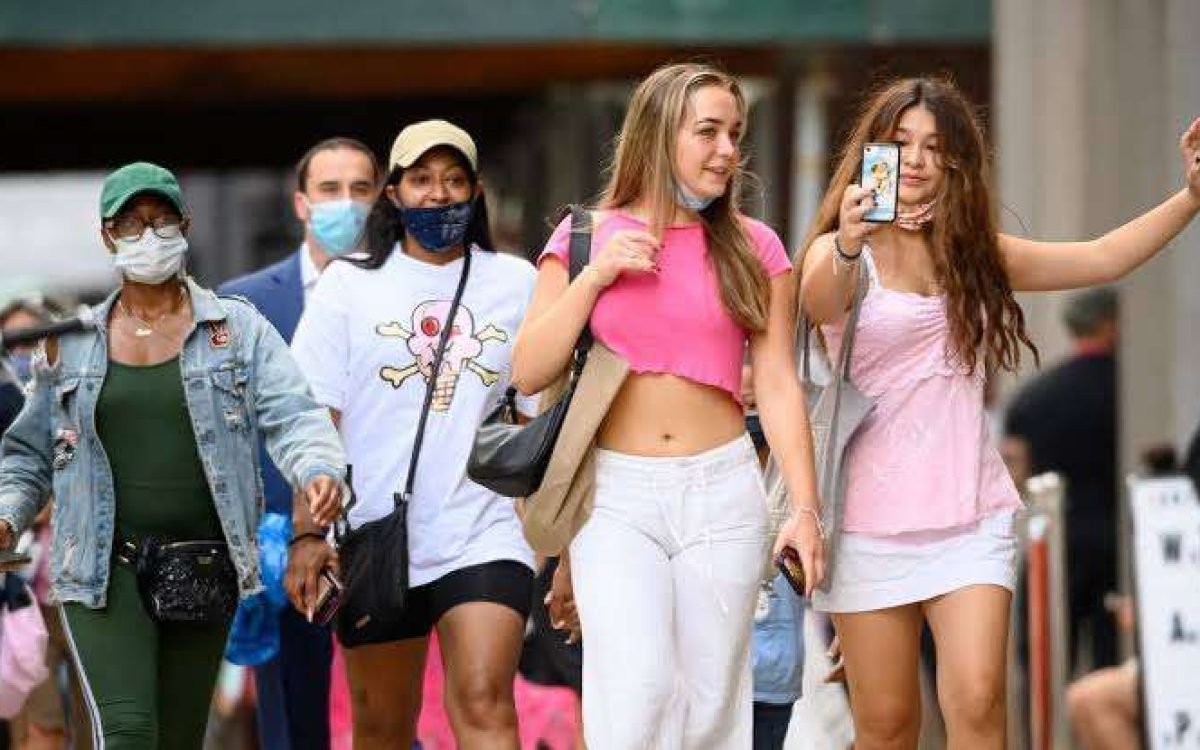Exploring the vibrant linguistic landscape of Generation Z reveals a plethora of slang words that have woven themselves into the fabric of contemporary communication. These expressions not only reflect the unique culture and identity of Gen Z but also showcase their ability to create and adapt language in a dynamic manner.
One of the standout slang words that has gained immense popularity among Gen Z is “lit.” This term transcends its conventional meaning of illumination to signify something exciting, impressive, or simply outstanding. Whether it’s a party, a movie, or even a piece of art, if it’s deemed remarkable by Gen Z, it’s undoubtedly “lit.”
Moving on to the realm of Gen Z expressions, “flex” is another fascinating addition. While traditionally associated with physical prowess, in the Gen Z lexicon, “flex” is employed to showcase one’s achievements, possessions, or skills. It’s a subtle boast that captures the essence of self-pride.
The ever-evolving nature of Gen Z slang is evident in the emergence of “cap” or “no cap.” Originating from the phrase “capping,” which means lying or exaggerating, this term serves as a quick way to validate the authenticity of a statement. Saying “no cap” asserts the truthfulness of the preceding statement, creating a linguistic shortcut in the digital age.
Now, let’s delve into the top 20 trending slang words of the Gen Z generation:
- Simp: Originally derived from “simpleton,” it has evolved to describe someone who excessively caters to another person’s desires, often to gain their affection.
- GOAT: An acronym for “Greatest of All Time,” commonly used to praise someone or something outstanding.
- Savage: Describing someone or something fierce, intense, or audacious, often in a positive and admirable way.
- Tea: Refers to gossip or insider information; sharing the latest “tea” means revealing the most recent news or juicy details.
- Bet: An affirmation or agreement, expressing confidence or acceptance in response to a statement or suggestion.
- FOMO: Acronym for “Fear of Missing Out,” the anxiety that arises when one feels they’re not part of a social event or experience.
- Flex: As mentioned earlier, showcasing one’s achievements or possessions.
- Woke: Being socially aware and enlightened, especially regarding issues of social justice and equality.
- Lit: Describing something exciting, impressive, or exceptional.
- Clout: Influence, especially in social media contexts; having “clout” means having a significant following or impact.
- Ghost: To suddenly stop communicating with someone, often in the context of dating or friendships.
- Glow up: A positive transformation, typically referring to someone’s physical appearance or personal growth.
- Lowkey/Highkey: Indicating the intensity of a feeling or statement, with “lowkey” suggesting a subdued or discreet manner, and “highkey” being the opposite.
- Ship: Short for “relationship,” used to express support or desire for two people to be romantically involved.
- Vibe: Refers to the overall atmosphere or feeling of a situation, person, or place.
- Thirsty: Describing someone who is overly eager for attention, validation, or affection.
- Slay: To excel or dominate, often used in the context of fashion, beauty, or performance.
- Cap: To lie or exaggerate; “no cap” affirms the truthfulness of a statement.
- Stan: A devoted and enthusiastic fan, often used in a positive and supportive context.
- Receipts: Evidence or proof, typically in the form of screenshots or documentation, used to support a claim or statement.
These slang words not only reflect the linguistic prowess of Generation Z but also offer a fascinating glimpse into the ever-evolving landscape of communication in the digital age. As the Gen Z lexicon continues to expand, these expressions serve as cultural markers, shaping the way individuals connect, express themselves, and navigate the complexities of modern communication.









